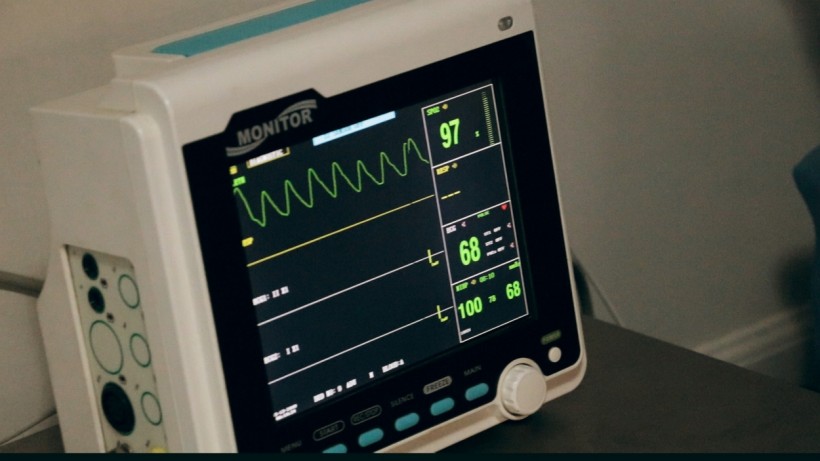Scientists Discover a Potential Cure for Heart Disease, the Leading Cause of Death in the US

Scientists may have discovered a potential cure for heart disease that could last a lifetime. The study showed that a single injection could help lower the risk of developing heart complications, the leading cause of death in the United States.
In the gene-editing experiment, researchers successfully disabled two genes that raised the risk of heart disease. The study, which is the first of its kind, used monkeys as test subjects. The experiment's promising results also raised hopes as humans carry the same genes the scientists were able to modify.
While the study proves to be monumental, gene-editing technology has had a mixed track record. Human trials may take years before it begins. It is also too early to determine whether the potential cure will prove safe and effective when done in humans, the New York Times reported.
Process and Possible Complications
The researchers working at Verve Therapeutics presented their report at the International Society for Stem Cell Research annual meeting that saw more than 3,700 virtual attendees on Saturday. The findings have yet to be reviewed by peers or published.
The team, led by chief executive Dr. Sekar Kathiresan, developed a medicine that contains a gene editor and a tiny guide. The editor changes a single letter among the genome's 32.5 billion letters.
The system edited ever liver cell in 13 monkeys. Within two weeks, their LDL levels dropped by 59 percent, and their triglyceride levels reduced by 64 percent.
During the ground-breaking experiment, the researchers aimed to block the PCSK9 and ANGPTL3 genes. Both genes, which are active in the liver, helps regulate LDL cholesterol levels and regulate a type of blood fat called triglyceride.
Elevated blood levels of triglycerides and cholesterol may increase a person's risk for heart disease and death. According to the Mayo Clinic, high triglycerides may lead to hardening of the arteries or the thickening of the artery walls-increasing the risk of stroke, heart attack, and other heart complications.
The process of gene-editing could result in several unexpected complications, such as the modification of DNA. Other scientists also question whether the treatment's effect on cholesterol and triglyceride levels will last.
Verve Therapeutics
The company launched its operations in 2019. Verve Therapeutics' initial funding of $58.5 million went towards creating a one-time treatment to replace the array of drugs used to treat various heart diseases. In mid-June, Fierce Biotech revealed the program is set to move into a clinic, banking $63 million for the project.
Since its launch, the company began working on multiple types of gene therapies through monkey studies.
Its new capital drew from GV, Arch Venture Partners, F-Prome, and Casdin Capital. The money will go towards funding IND-enabling studies, which will lead to a phase 1 study in the coming years.
The Massachusetts-based company is also working on eight genes attributed to loss-of-function mutations to protect individuals from heart attacks.
Want to read more? Check these out:
Subscribe to Latin Post!
Sign up for our free newsletter for the Latest coverage!














